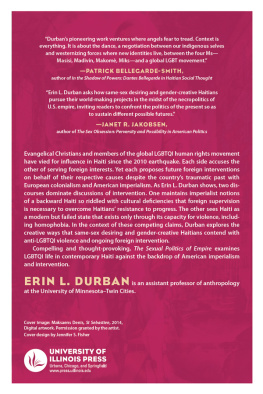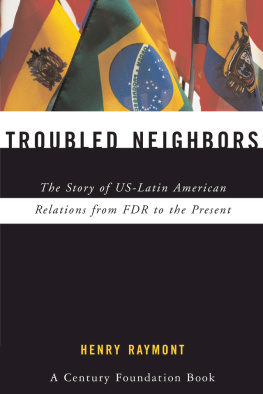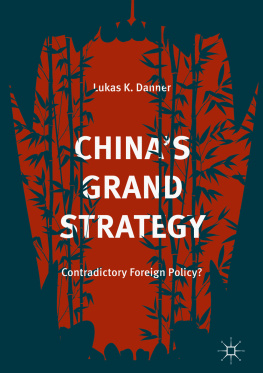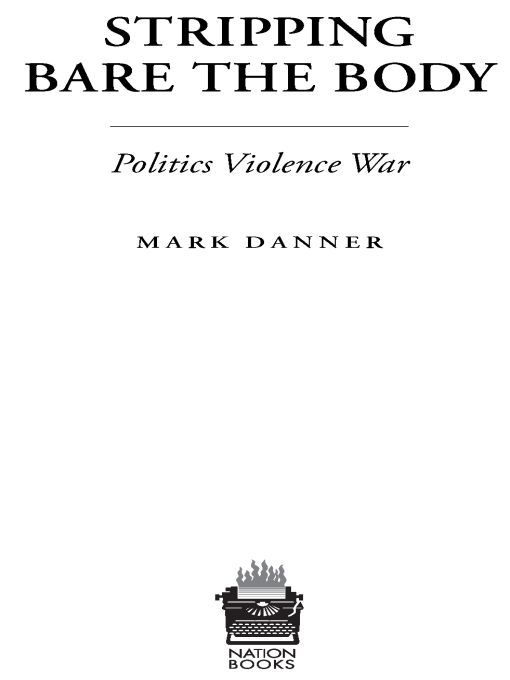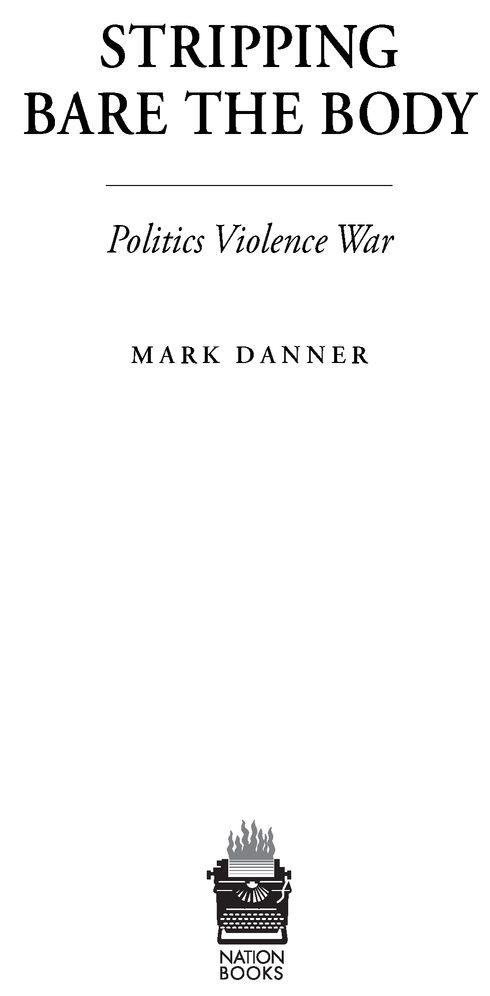Table of Contents
ALSO BY MARK DANNER
The Secret Way to War:
The Downing Street Memo and the Iraq Wars Buried History
Torture and Truth:
America, Abu Ghraib, and the War on Terror
The Road to Illegitimacy:
One Reporters Travels Through the 2000 Florida Vote Recount
The Massacre at El Mozote: A Parable of the Cold War
For my mother, in partial answer to her favorite question:
Why cant you go somewhere nice for a change?
POLITICAL VIOLENCE strips bare the social body, the better to place the stethoscope and track the life beneath the skin.
Leslie F. Manigat, President of Haiti, February-May 1987
Foreword by Louis Begley
THE PUBLICATION OFStripping Bare the Body is a timely act of public service and a literary event, bringing together Mark Danners luminously intelligent and engaging narratives and stories from the worlds war zones. They include a compelling report from Haiti on the cycle of violence which engulfed that country following the military coup in 1986, in which Jean-Claude (Baby Doc) Duvalier was deposed after fifteen years of bloody misrule; the genocide in the Balkans unleashed by Milosevic, Mladic, and Karadzic after the implosion in 1991 of the Yugoslav federation; and the catastrophic mismanagement by the Bush administration of the conduct of the war in Iraq and what it named the global war on terror. Taken together, they are a moral history of Americas engagement with the world over the last generation as well as an account of a twenty-three years journey through hell on earth by an ideal observer: Danner is endowed with a passion for truth, great physical courage (as witnessed by the near death experiences in Haiti and the marketplace of Sarajevo related in the Afterword to this volume), a muscular writing style, and a heart as big as a barn.
Tucked in between the sections on the Balkans and Iraq is a brilliant long essay, Marooned in the Cold War, Danners penetrating discussion of former President Clintons feckless decision to expand NATO to include former Warsaw Pact nations. Danner deplores the expansion, seeing it as the epitome of the bungling by successive U.S. presidents of post-Cold War relations between the United States and Russia, and the proclivity of American leaders to let rhetoric outrun available means of action. Danners analysis is prophetic, as we now see President Obama struggle with the conundrum created by former President Bushs foolish decision to base an anti-missile defense on Polish and Czech territory. Alas, the global war on terror shows little sign of abating either in Iraq, where it may spawn a civil war among the Shia majority, Sunnis, and Kurds, or in Afghanistan where a resurgent Taliban enjoysthanks in no small measure to the Bush administrations neglect of the need to strengthen civil structures in Pakistansanctuaries and access to recruits. Nor has President Obama, despite his resolve and intentions, yet finished cleaning out the stable of Augeas that the Bush administration has left for him at Guantnamo. Danner will not be lacking in opportunities to continue his vitally important work.
Danner was born in 1958. His first report from Haiti included in the present volume was published in the fall of 1989 when he was barely thirty-one. It is hard to believe the scope and superlatively sustained quality of his writings since then. Soon after his travels in Haiti, he reported on the mass murder by U.S.-trained Salvadoran troops of the Indian villagers of El Mozote (in an extensive article published in The New Yorker and issued in book form as The Massacre at El Mozote: A Parable of the Cold War), and, before beginning his coverage of the war on terror, he found time to write about the stealing of the 2000 presidential election. Those marvelously vivid articles have been republished in a volume entitled The Road to Illegitimacy: One Reporters Travels through the 2000 Florida Vote Re-Count.
A common reality underlies the human and political disasters to which Danner is drawn so irresistibly: mans unchanging capacity to do evil, manifesting itself in acts of horrific sadism. Without it, the parenthse between the coup that overthrew Baby Doc and yet another coup that carried General Prosper Avril to the presidency could not have degenerated into two years of assassinations by machete-wielding killers, castrations, dismemberments, arson, and looting. Danners narrative breaks off in 1988, when Avril takes power, but Haitis agony continued through successive rounds of bloody repressions of political parties, labor unions, individual political opponents, and students. A pause in the violence came in February 1991, upon the installation as president of Father Jean-Bertrand Aristide. The election he won had been monitored by the O.A.S. and the UN, and by Haitian standards was not significantly tainted by fraud and violence. But the respite was not long lasting. Killings and massacres continued through Aristides ouster and return to power, and the bumbling and timorous attempts by the O.A.S., the UN, and the United States to stabilize the country and relieve its starving population.
Mans capacity for evil is on full display in the slaughter, beginning in 1992 by Bosnian Serbs of their Muslim neighbors, ethnic cleansing by rape and terror of Muslim cities, towns, and villages, and in Omarska, the Serbian Auschwitz, in which Serbian military and volunteers carried out by hand, with clubs, guns, and revolvers, the work that at Nazi Germanys Auschwitz was largely entrusted to gas chambers and crematoriums. Danners descriptions of the agony of Srebrenica and Sarajevo, and the diabolical duplicity of General Mladicthe jovial hands-on manager of massacre after massacreleave one shaken to the core. But Milosevic, Mladic, and Karadzic did not invent ethnic cleansing in the Balkans. Those atrocities had a powerful local precedent in the mass killings, beginning in 1941, of Serbs and Jews by the dreaded proto-fascist Croatian Ustashas (an SS like formation). The murder of Bosnian Serbs in their extermination camps, and prisons, fields and forests, nearly fulfilled the wish of Croatias leader, Anton Paveli, to kill the two million Serbs living inside Croatia. He hoped thereby to make Croatia better able to hold his own against neighboring Serbia. These murders were revenged first by Chetniks, a rightwing Serb militia that equaled Ustashas in ferocity, and subsequently by Serb communist partisans massacres of Ustashas, Chetniks, and other political opponents in May 1945 as they tried to escape to Austria from a Yugoslavia governed by Tito.
Torture is evils purest expression. As Danner shows in his groundbreaking pages on the Report of the International Committee of the Red Cross, the revelations contained in the Report, coming as they do on top of other overwhelmingly damning evidence, foreclose any pretence that the enhanced interrogations or alternate sets of procedures, to use Bush administration speak, practiced on detainees identified in the Report and many others as well are anything but torture. As Danner reminds us, the twelve basic techniques, going from suffocation by water through prolonged stress standing positions, beating and kicking, and prolonged shackling in stress positions, painstakingly catalogued in the Report, have their roots in the methods used by the Soviet G.P.U and the Chinese military during the Korean War for the principal purpose of obtaining false confessions. Anyone thinking that it is possible to put a more benign construction on what was done to the detainees should read the description of the extensive interrogation of Abu Zubaydah, admittedly an al-Qaeda operative, and then ponder the meaning of his treatment not just to Zubaydah but also to the interrogators. The utilitarian justificationthe claim that inflicting such torment was the optimal means of preventing a greater evil, in the form of terrorist attacks on the United Statesdoes not hold water. It has been punctured not only by statements of FBI interrogators and others familiar with the results obtained by torture, but perhaps even more tellingly by the pervasive and revolting brutality with which


